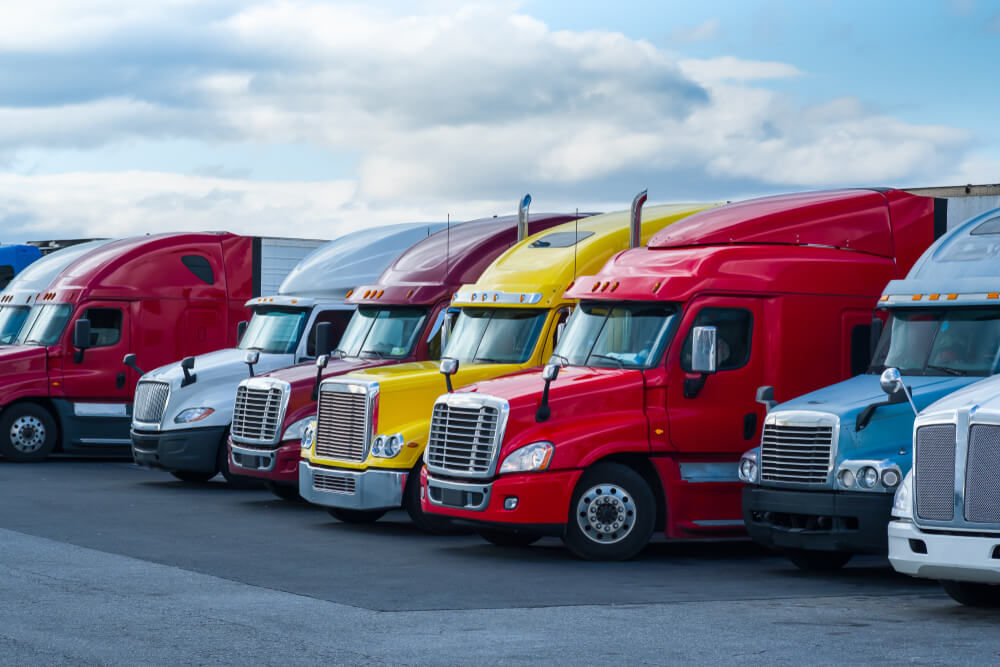Agricultural sector leaders continue to pressure federal agencies over concerns that they need more truck drivers to transport livestock and perishable goods.
The American Farm Bureau Federation reportedly crafted a letter and sent it to U.S. Department of Agricultural Secretary Tom Vilsack outlining the wide-reaching challenges faced by growers and ranchers alike. Farm Bureau officials appear to be responding to the effectiveness of a White House executive order issued in February to address supply chain disruption.
After months of systemic supply chain disruptions, the Biden Administration reportedly formed a task force to elevate hiccups. The top-tier task force findings linked to the executive order did not necessarily address agricultural concerns. Instead, the White House released a report that highlighted vaccine production, the semiconductor shortage, rare earth element mining, and cybersecurity.
“These efforts are critical because, as the COVID-19 pandemic and resulting economic crisis have shown, structural weaknesses in both domestic and international supply chains threaten America’s economic and national security,” a White House reported stated in June.
While the Biden Administration addresses national interests in its supply chain report, the cost of foods and products that originate in the agricultural sector continues to soar. The Farm Bureau circled back to remind the federal government the industry struggles with getting enough qualified truckers to keep the food supply moving effectively.
“We are now in our 18th month of the COVID-19 pandemic. During this period, our nation has witnessed vulnerabilities throughout the supply chain that haven’t been seen before,” Farm Bureau president Zippy Duvall reportedly stated. “Supplies of farm inputs like crop protectants, fertilizers, and seeds have been difficult to obtain, and expensive to purchase. Highway transportation of farm products and supplies is more expensive and less available today than pre-pandemic levels, and timely maritime transport of value-added agricultural exports is frustrated, at best. All the while, agricultural labor, both domestic and foreign, is increasingly difficult to access and expensive, making already small margins even tighter.”
Farm Bureau leadership provided Vilsack a bullet-point list of concerns. Agricultural leaders are hoping action is taken on issues that include increased small processing plant capacity, cost-estimating practices factored into pesticide expenses, the impact of trade U.S.-China tariffs, timely guestworker arrivals, and improved transportation.
“Farm Bureau recommends that USDA and USDOT continue to coordinate to ensure agricultural haulers and the rest of the trucking industry have the flexibilities needed to provide timely delivery of essential products. USDA should also work with relevant authorities to improve the nation’s rail and port systems,” the letter reportedly stated.
In California, growers and processing plant organizations indicate they are experiencing adversity because the state struggles with 25-30 percent fewer truckers to haul harvests. In an effort to take the edge off the supply chain disruption, the Federal Motor Carrier Safety Administration extended the hours of service waiver regarding livestock and essential farm goods through November.
Sources: fb.org, goldrushcam.com












Leave a Comment